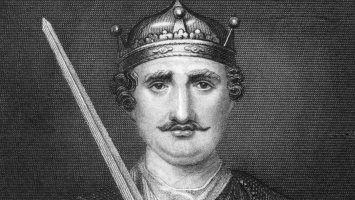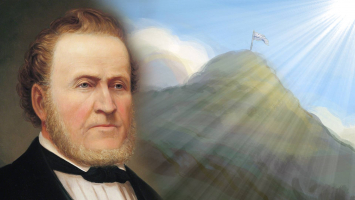Top 7 Interesting Facts about Cicero
Marcus Tullius Cicero ( 3 January 106 BC - 7 December 43 BC) was a Roman statesman, lawyer, scholar, philosopher, and academic skeptic. His copious writings ... read more...include rhetorical, philosophical, and political treatises, and he is regarded as one of Rome's best orators and prose stylists. Here are the 7 interesting facts about Cicero you should know.
-
One of the most interesting facts about Cicero is that he was born into a wealthy Roman equestrian order municipal family. Marcus Tullius Cicero was born at Arpinum, a hill village 100 kilometers (62 miles) southeast of Rome, on January 3, 106 BC. Marcus Tullius Cicero and Helvia were Cicero's parents, and he had a brother, Quintus Tullius Cicero, who subsequently married Pomponia, the sister of Cicero's friend Atticus. Cicero's family belonged to the local gentry, the domi nobiles, but he had no kinship with the Roman senatorial class. Cicero was only remotely related to Gaius Marius, who was born at Arpinum. This link provided Cicero with certain political advantages. In fact, Marius' political allies were crushed in a civil war during the 80s BC, and anyone associated with the Marian rule was considered a potential troublemaker.
Cicero's father was a wealthy equestrian (knight) with strong ties to Rome. Despite the fact that he was a semi-invalid who could not participate in public life, he compensated by studying extensively. Although nothing is known about Cicero's mother, Helvia, it was typical for the wives of powerful Roman citizens to be in charge of household management. Cicero's brother Quintus described her as a frugal homemaker in a letter.

Arpinum (Arpino) -italyreview.com 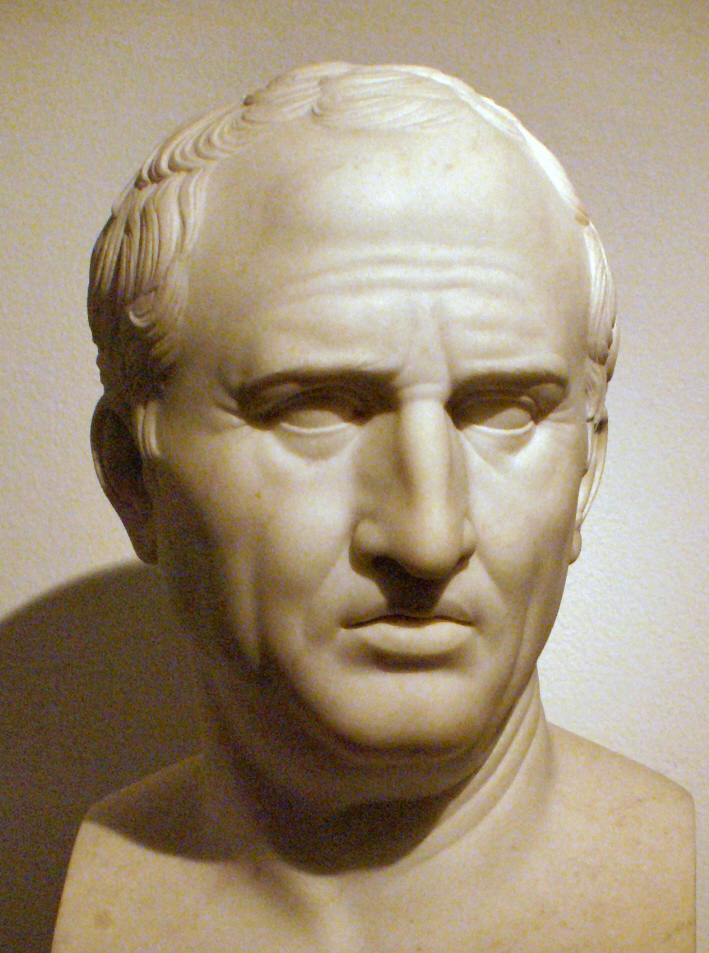
Cicero -vi.wikipedia.org -
It is a fact that Cicero was an extremely talented student. According to Plutarch, Cicero was a gifted student whose knowledge drew attention from all throughout Rome, allowing him to study Roman law under Quintus Mucius Scaevola. Years later, a young Marcus Caelius Rufus and other young lawyers would learn with Cicero; such a relationship was seen as a great honor by both teacher and pupil. Marcus Aemilius Scaurus and Lucius Licinius Crassus, supporters of his family, both backed him up. Cicero looked up to him as both an orator and a statesman.
Cicero fell in love with philosophy in the late 90s and early 80s BC, and it would play a significant part in his life, eventually leading to his adoption of Academic Skepticism. He would eventually transmit Greek philosophy to the Romans and develop a Latin philosophical vocabulary for it. When he visited Rome in 91 BC, the first philosopher he met was the Epicurean philosopher Phaedrus.
Cicero continued his studies while on a tour of Greece, Asia Minor, and Rhodes in the years 79-78 BC. Some believed Cicero fled to Greece to evade Sulla's wrath: Sulla was enraged by Cicero's support of Sextus Roscius in the Pro Roscio Amerino in 80 BC, according to Plutarch. Cicero, on the other hand, claims that he left to polish his oratory talents and, in particular, to strengthen his body, which was dangerously fragile at the time. He studied philosophy in Athens with Antiochus of Ascalon, the 'Old Academic' and founder of Middle Platonism. In Asia Minor, he met the region's best orators and continued to study with them.
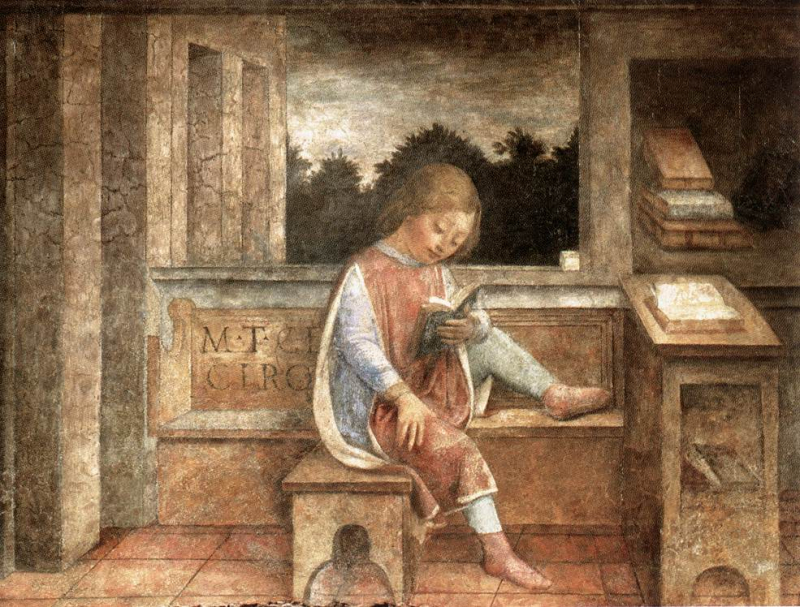
The young Cicero reading -commons.wikimedia.org 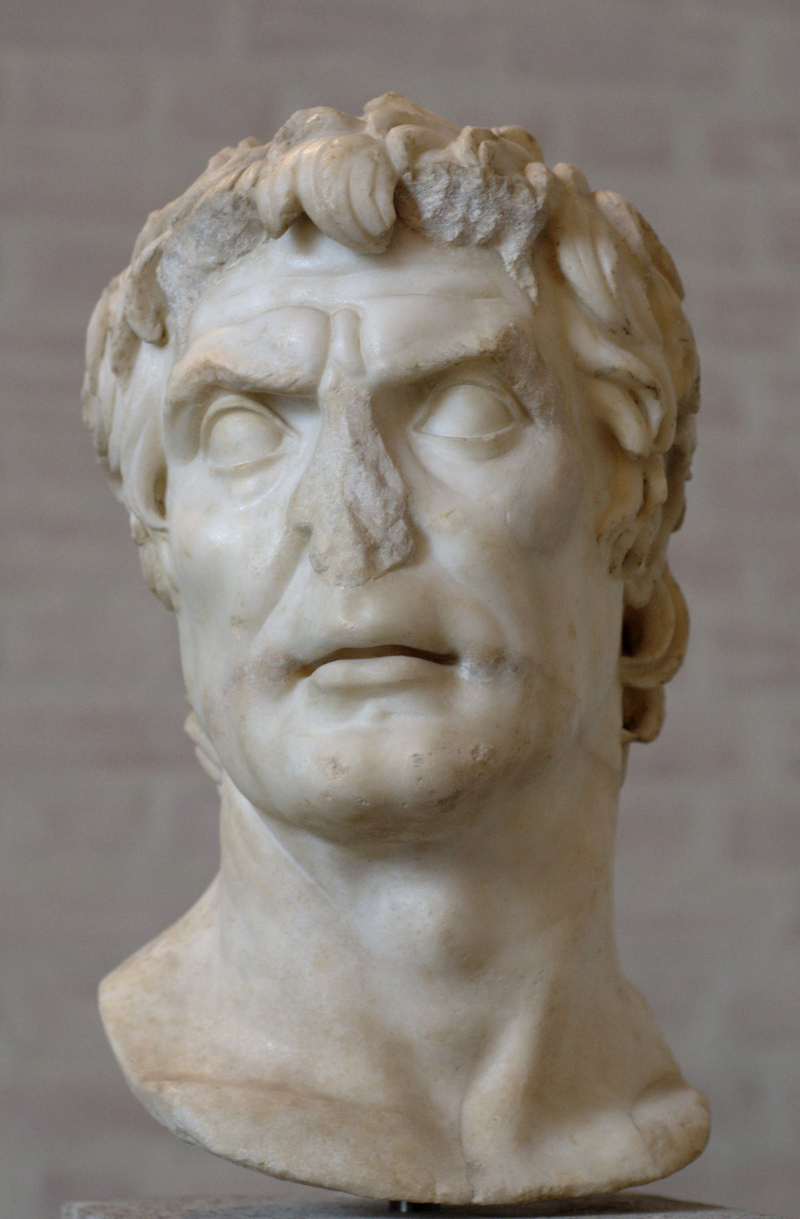
Lucius Cornelius Sulla Felix -thoughtco.com -
One of the most interesting facts about Cicero is that his marriage to Terentia was for convenience. Cicero married Terentia in 79 BC when he was probably 27 years old. It was a marriage of convenience, according to upper-class standards of the day, but it lasted for nearly 30 years. Terentia's family was affluent, most likely from the plebeian aristocratic line of Terenti Varrone, and so met Cicero's political ambitions in both economic and social dimensions. She had a half-sister named Fabia, who had been a Vestal Virgin as a child, a tremendous distinction. Terentia was a strong-willed woman who was more interested in her husband's political career than in family concerns.
Cicero's letters to Terentia were shorter and colder in the 50s BC. He complained to his friends that Terentia had betrayed him, but he didn't say how. Perhaps the marriage could not withstand the strain of Rome's political upheaval, Cicero's engagement in it, and several other disagreements between the two. The divorce appears to have occurred in 51 BC or shortly after. Cicero married Publilia, a young girl who had been his ward, in 46 or 45 BC. Cicero is said to have required her money, especially after having to return Terentia's dowry, who hailed from a wealthy family. This marriage was short-lived.
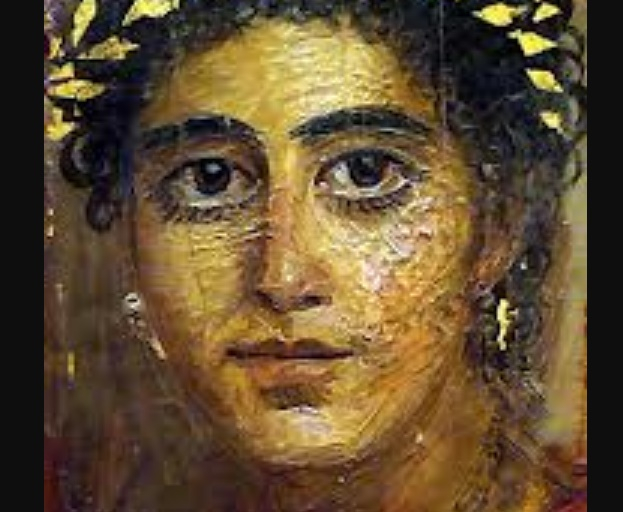
Terentia -tuckyhistory.blogspot.com 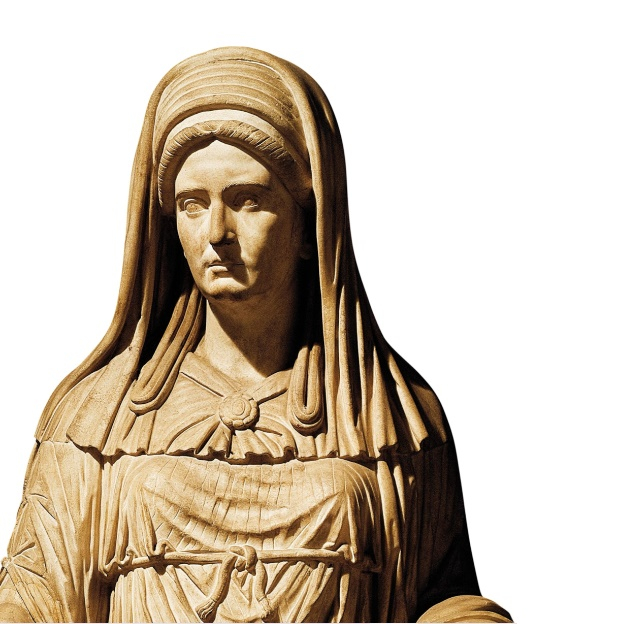
Vestal Virgin -nationalgeographic.com -
It is a fact that Cicero started his career as a lawyer. Cicero began his legal profession between 83 and 81 BC. The pro-Quinctio, a private dispute from 81 BC given when Cicero was 26 years old, is the oldest known case. However, his defense of Sextus Roscius on the allegation of parricide in 80 BC was the first significant public case in which a written record still exists. Taking up this issue was a brave move for Cicero; parricide and matricide were regarded as heinous crimes, and the people Cicero accused of murder, the most prominent of whom was Chrysogonus, were Sulla's favorites. Sulla might easily have had Cicero murdered at this time because Cicero was scarcely known in the Roman courts.
Cicero's successful argument was an indirect challenge to the dictator Sulla, whom he addressed again in a later speech defending Arretium's disenfranchised population. According to Plutarch, Cicero fled to Greece, Asia Minor, and Rhodes in 79 BC, frightened of Sulla's wrath following Roscius' acquittal. However, a year's wait, during which Cicero also married, hardly suggests a panicked flight, and Cicero's own clear explanation of poor health appears far more credible. His brother Quintus, cousin Lucius, and most likely Servius Sulpicius Rufus accompanied him on his expedition.
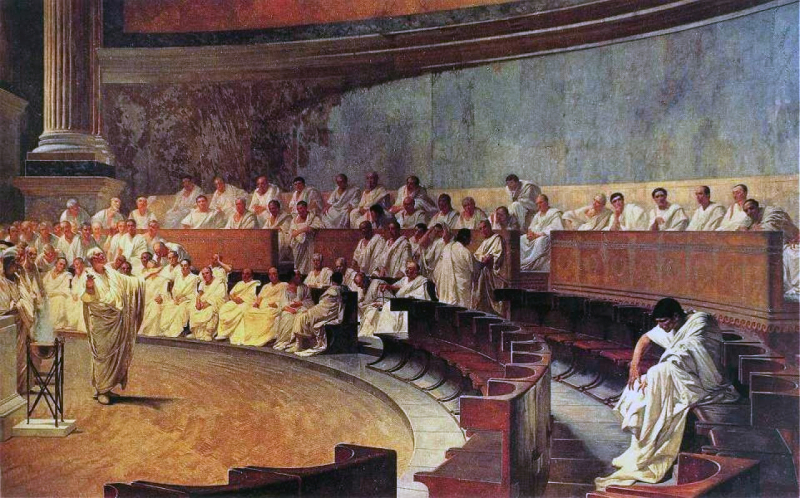
Roman Lawyer: Cicero -tuckyhistory.blogspot.com 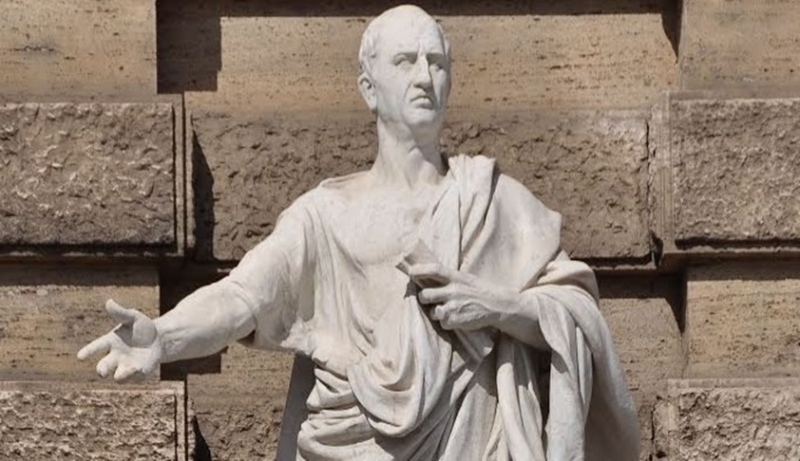
livelaw.in -
His impact on the Latin language was enormous. He composed more than three-quarters of the existing Latin literature known to have existed during his lifetime, and succeeding prose has been said to be either a reaction against or a return to his style, not only in Latin but in European languages up to the nineteenth century. Cicero distinguished himself as a translator and philosopher by introducing into Latin the ideas of the major schools of Hellenistic philosophy and creating a Latin philosophical vocabulary with neologisms such as evidentia, humanitas, qualitas, quantitas, and essential.
Cicero has long been regarded as the master of Latin writing, with Quintilian claiming that his name was "not the name of a man, but of eloquence itself." His name is derived from the words Ciceronian (meaning "eloquent") and cicerone (meaning "local guide"). He is credited with changing Latin from a simple utilitarian language into a versatile literary medium capable of clearly expressing abstract and sophisticated ideas. "It is more important to have greatly extended the frontiers of the Roman spirit than the frontiers of the Roman empire", Julius Caesar said of Cicero's accomplishment. According to John William Mackail, "Cicero's unique and imperishable glory is that he created the language of the civilized world, and used that language to create a style which nineteen centuries have not replaced, and in some respects have hardly altered."
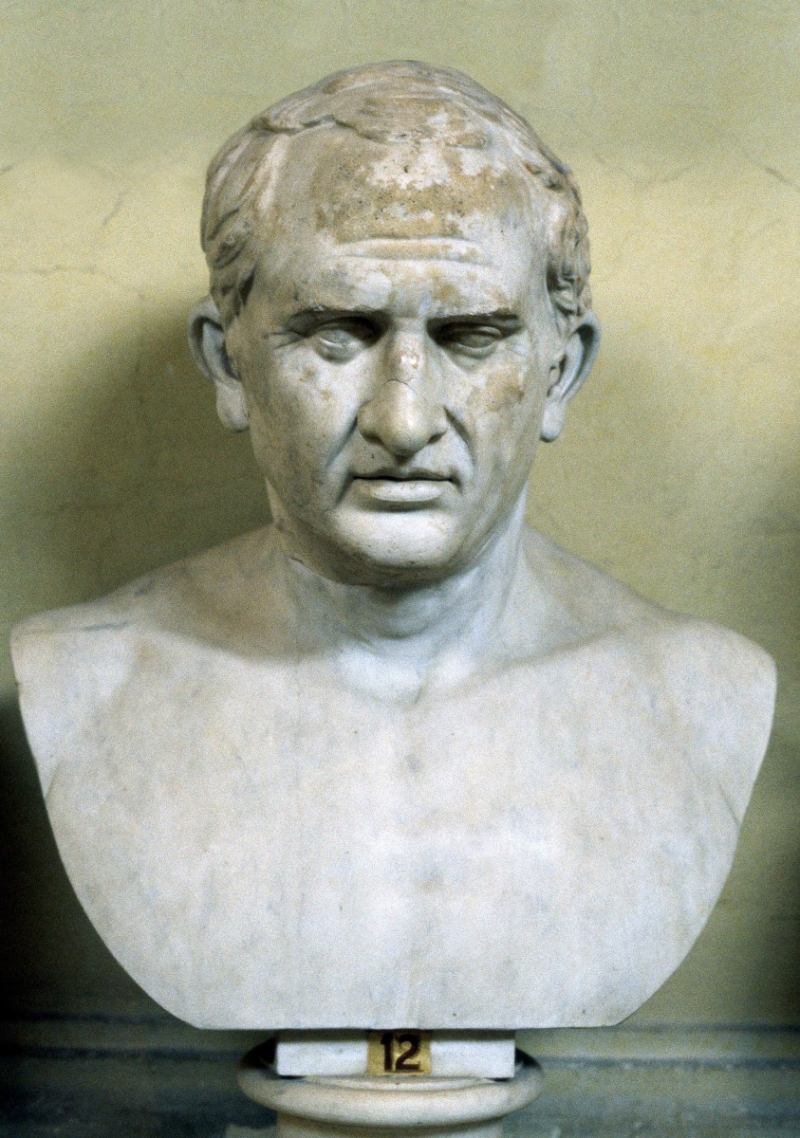
history.com 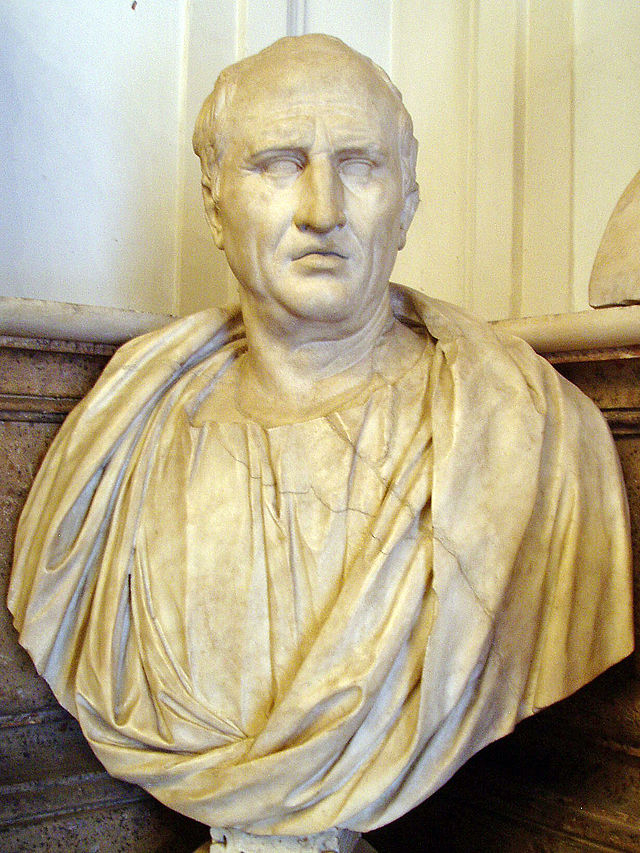
en.wiktionary.org -
Cicero adored his daughter Tullia, despite the fact that his marriage to Terentia was purely for convenience. In a letter to his brother Quintus, he praises her as follows: "How affectionate, how modest, how clever! The express image of my face, my speech, my very soul." Cicero was taken aback when she suddenly fell ill in February 45 BC and died after appearing to have recovered from giving birth to a son in January. "I have lost the one thing that bound me to life," he wrote to Atticus.
Atticus invited him to pay him a visit during the first few weeks of his bereavement so that he could console him when his pain was the most intense. Cicero read what the Greek philosophers had written on overcoming sadness in Atticus' huge library, but "but my sorrow defeats all consolation." Caesar and Brutus both wrote him condolence letters. Servius Sulpicius Rufus, an old friend, and colleague agreed. He wrote a beautiful letter that has been widely acclaimed by posterity, full of nuanced, sorrowful thoughts on the transiency of all things. After a while, he retreated from all company to spend time alone in his recently purchased property near Astura. It was in a remote location, although not far from Neapolis (modern Naples). He also intended to build a tiny temple in honor of Tullia, "his incomparable daughter." But, for unclear reasons, he abandoned this plan after a year.
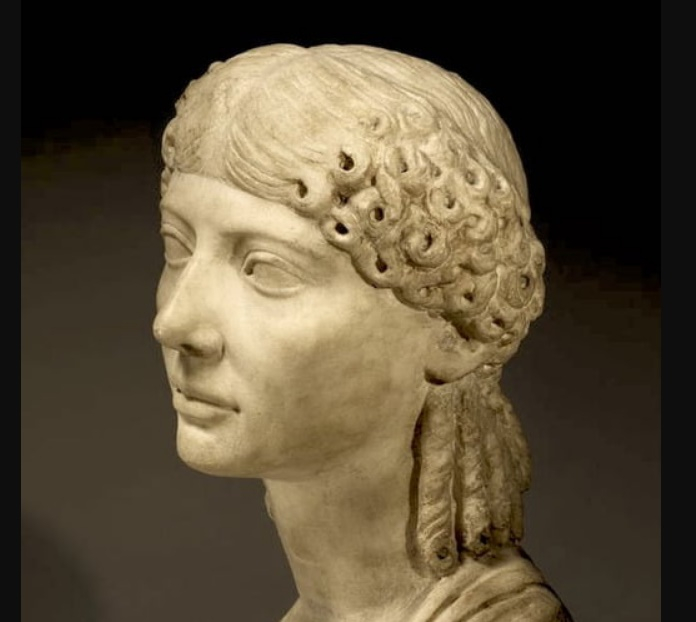
Tullia, daughter of Cicero -imperiumromanum.pl 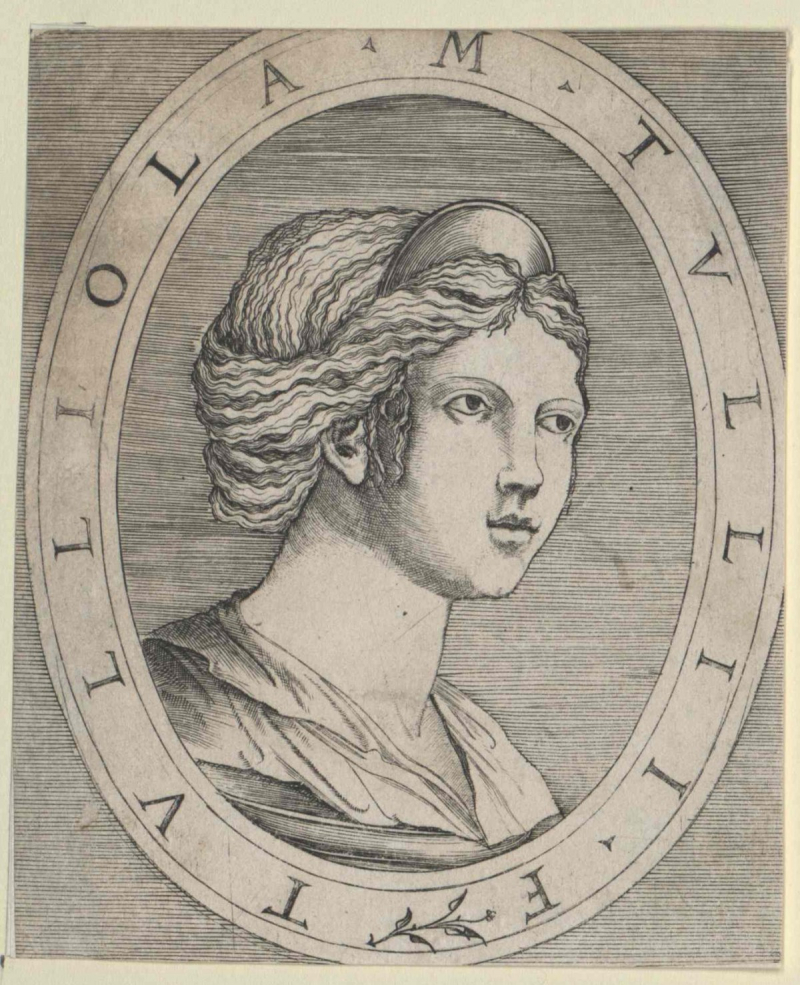
Tullia, daughter of Cicero -en.wikipedia.org -
One of the interesting facts about Cicero is that he was beheaded by order of Mark Antony. Cicero sympathized with the assassins despite not being a conspirator in Julius Caesar's death. Cicero was added to the list of banned men during the Second Triumvirate proscriptions as a result of this, as well as a personal rivalry with Mark Antony. According to Roman legend, Octavian argued for two days against adding Cicero to the list. Cicero was one of the most brutally and tenaciously pursued of the condemned. Other victims included the tribune Salvius, who, after siding with Antony, switched his allegiance entirely to Cicero. A considerable portion of the population sympathized with Cicero, and many individuals hesitated to report seeing him. He was apprehended on December 7, 43 BC, leaving his villa in Formiae in a litter and heading to the coast, where he sought to board a ship to Macedonia. His own slaves said they had not seen him when the assassins arrived, but he was given away by Philologus, a freed slave of his brother Quintus Cicero.
His pursuers decapitated him. He bowed to his captors after being discovered, lowering his head out of the litter in a gladiatorial gesture to facilitate the work. He was demonstrating to the soldiers that he couldn't resist by baring his neck and throat to them. His hands were also severed and nailed to the Rostra in the Forum Romanum, following in the footsteps of Marius and Sulla, who both exposed the heads of their opponents in the Forum. He was the sole victim of the Triumvirate's laws to be presented in this fashion. According to Cassius Dio (in a myth frequently misattributed to Plutarch), Antony's wife Fulvia snatched Cicero's head, pulled out his tongue, and repeatedly stabbed it with her hairpin in last retaliation for Cicero's power of speech.
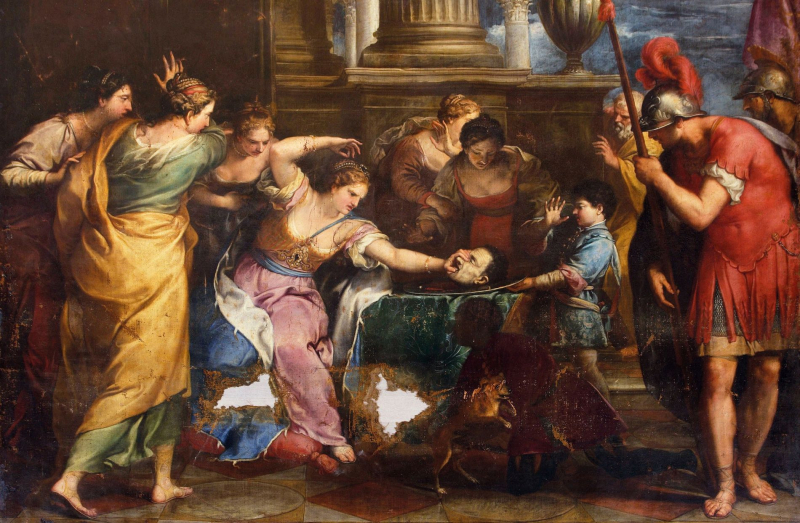
The brutal beheading of Cicero -nationalgeographic.co.uk 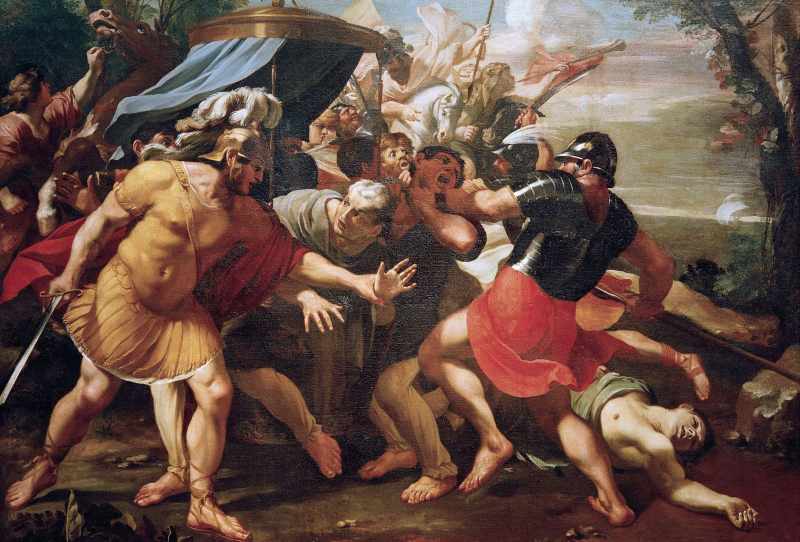
The brutal beheading of Cicero -nationalgeographic.co.uk













